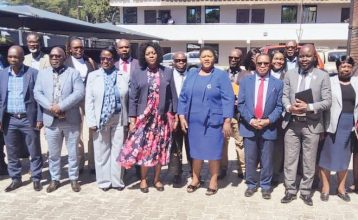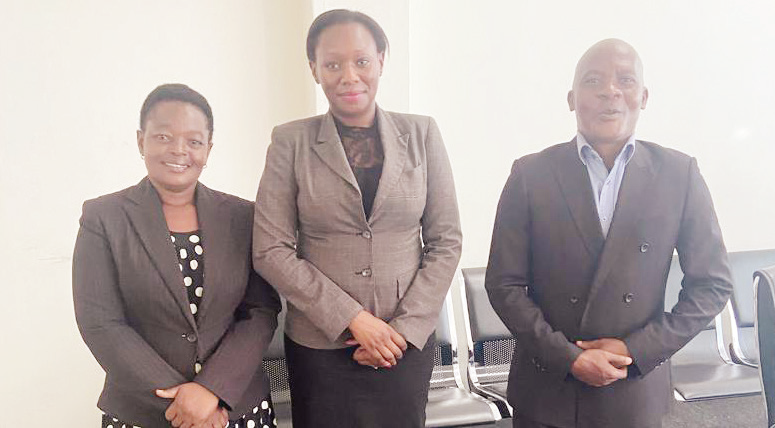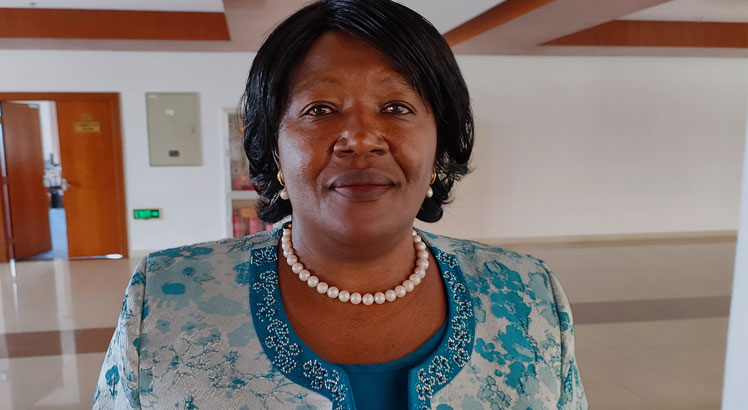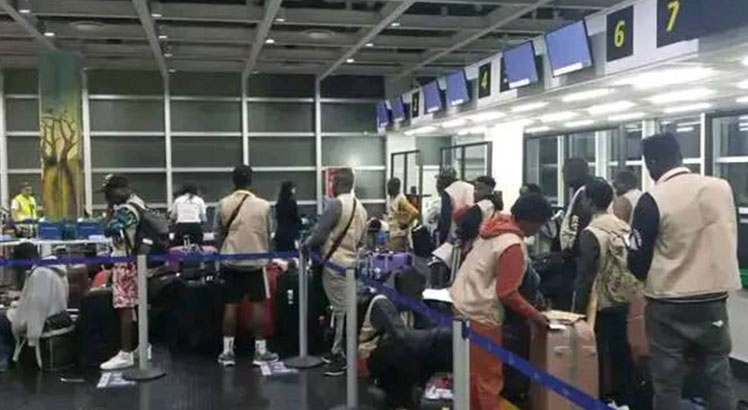Malawi secures K298bn IMF facility
Malawi yesterday got the nod of the International Monetary Fund (IMF) Executive Board for a four-year Extended Credit Facility (ECF) worth $175 million expected to stabilise an ailing economy by unlocking directory budget support.
But economists The Nation interviewed last evening after news of the decision in Washington DC, United States of America filtered in, observed that while the facility offers short-term relief, its success was dependent on effective governance, transparency and prudent use of funds.
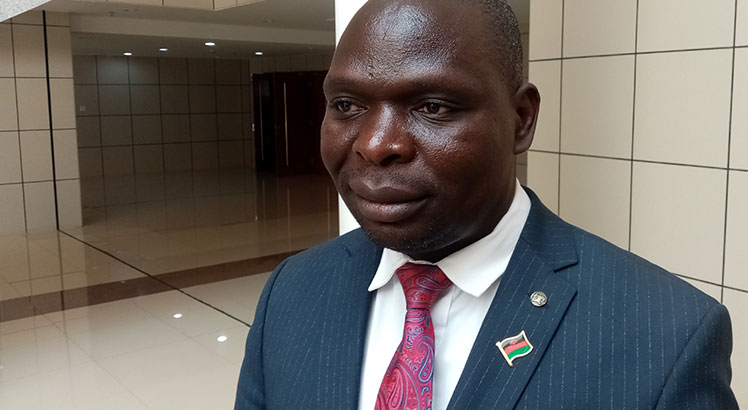
By press time at 11pm the IMF media team in Washington DC indicated it was still working on an official statement on the development, but Minister of Finance and Economic Affairs Simplex Chithyola Banda confirmed that the IMF had approved ECF for Malawi. He said the nod offered renewed hope for direct budget support and a new economic trajectory.
In an interview last evening, he said the approval means the beginning of good news.
Said Chithyola Banda: “I am extremely happy that today [yesterday] Malawi has qualified. This approval means the beginning of good news because the donor partners who stopped giving us support will continue giving us aid.
“This is what I meant when I said that for Malawi to get better, we must make difficult decisions. This is a new trajectory for our economy.”
The approval follows a review mission in September led by IMF mission chief for Malawi Mika Saito, which agreed a four-year ECF programme to replace the Staff Monitored Programme with Limited Board Involvement (PMB) that expired last month and Malawi’s request for the ECF.
On November 21 2022, the IMF board of directors approved a disbursement of $88.3 million (about K91 billion) through a Rapid Credit Facility initialised through the Food Shock Window.
The emergency financing was aimed at helping Malawi address the urgent balance of payment and fiscal needs related to the global food crisis.
Malawi has implemented a series of reforms that Capital Hill said were tough, but necessary to convince development partners that policymakers were committed to reforms to revitalise the ailing economy.
Since the government signed the PMB in November 2021, the Reserve Bank of Malawi has raised the policy rate three times from 12 percent to 24 percent. The central bank has also devalued the kwacha twice, first by 25 percent in May last year followed by the recent 44 percent last week.
In an interview last evening, economist Gilbert Kachamba said the approval of the ECF offers some short-term relief to fiscal pressures, describing it as a good development “considering the current economic environment”.
He said: “However, it’s crucial to note that the success of a credit facility depends on effective governance, transparency and the responsible use of funds.”
Economics Association of Malawi president Betchani Tchereni said in an interview that while the ECF has come as a relief looking at the foreign exchange challenges the country is facing, austerity in terms in use of the foreign exchange will be important.
In a separate interview, economist Exley Silumbu observed that while more and continued austerity measures are required to sustain the ECF conditions during implementation phase, expectations of unlocking of other capital inflows that were conditional upon ECF approval could help easing currency and inflation instability.
Speaking separately, Reserve Bank of Malawi spokesperson Mark Lungu said the central bank is optimistic that this will unlock more support from developing partners.
Meanwhile, the United Kingdom has pledged to support Malawi following reforms leading to the approval of the ECF which it said will help stabilise the economy and create the building blocks for investment and growth.
In a statement last evening, the UK said the agreement marks the culmination of dedicated efforts by Malawian authorities to restructure unsustainable external debt, to design and implement a realistic budget, and to improve the use of public funds through tighter scrutiny and control.
In June this year, at the end of negotiations between the IMF and Malawi, the fund asked Malawi to work on two issues, notably conducting an audit of foreign reserves following misreporting of figures under the immediate past regime and management of unsustainable debt.
During this period, government had hoped the July IMF board meeting would approve the ECF.
Malawi sought a new ECF after cancelling the previous arrangement in September 2020 barely two months after the Tonse Alliance administration led by President Lazarus Chakwera ascended to power.
Following the cancellation, Malawi forfeited $70 million and total access under the cancelled three-year ECF was about $145 million, including the initial resource envelope of about $112.3 million approved in April 2018 plus $40 million under Augmentation of Access approved in November 2019.


